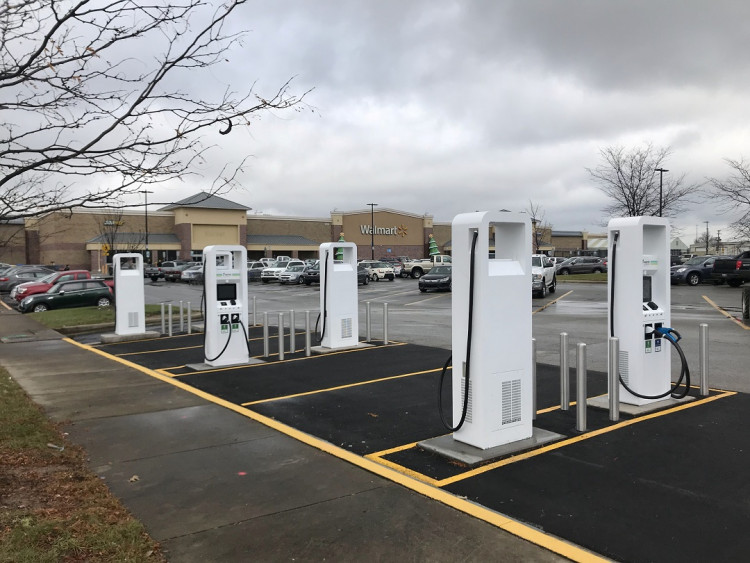U.S. electric vehicle (EV) startups that went public via Special Purpose Acquisition Companies (SPACs) were once a booming trend. However, the tides have shifted, with many of these firms either declaring bankruptcy or teetering on the brink.
EV manufacturer Proterra, which only produces a few electric buses annually, filed for bankruptcy protection on Wednesday, August 9, a mere 25 months after going public through a SPAC. At its height, the company's market capitalization was close to $4 billion.
Following its merger announcement in January 2021, Proterra's share price-or more precisely, the pre-merger SPAC's share price-soared from around $10 to $31.06 before plunging. Five days ago, the stock was at $2. On August 9, the stock plummeted to 17 cents, marking a staggering 99.4% drop from its peak.
However, Proterra isn't the fastest of the SPAC-listed EV startups to go bankrupt. Electric Last Mile Solutions announced its bankruptcy in June 2022, just a year after its 2021 listing.
Now, most EV startups that listed via SPACs are nearing bankruptcy.
Yet, Tesla and Rivian stand apart from this precarious group. Tesla's stability is well-known, and Rivian recently announced impressive second-quarter results, raising its full-year delivery guidance. Nevertheless, Rivian hasn't turned a profit yet, and its stock has plunged over 80% from its peak.
A Glimpse at Active EV Startups Listed via SPACs on the U.S. Stock Market:
Nikola's current stock price stands at $2.2, a 97% decline from its peak when it listed via SPAC in June 2020.
Canoo, once a favorite among retail investors, went public via SPAC in December 2020. Its stock now trades around 50 cents, a 97.5% drop from its peak.
Fisker, listed in October 2020, has seen its stock fall to just under $6-a decline of over 80% from its highest point.
Lucid, which went public in February 2021, now trades slightly above $7, marking a near 90% drop from its peak.
Workhorse, listed in October 2020, has a stock price just over $1, representing a 97% decrease from its high.
Faraday Future, which listed in July 2021, trades at a mere 30 cents-a 99% tumble from its peak.
Canada's Lion Electric, which went public in November 2020, hovers around $2.3, reflecting a drop of over 90% from its peak.
Polestar, listed last November, stands at $4.25, down 74% from its high. However, with its acquisition by Volvo, which is controlled by China's Geely, and a steady rise in its EV production, market analysts believe Polestar could be one of the few survivors in the current wave of SPAC-listed EV startup bankruptcies, thanks to the backing of a larger corporation.






